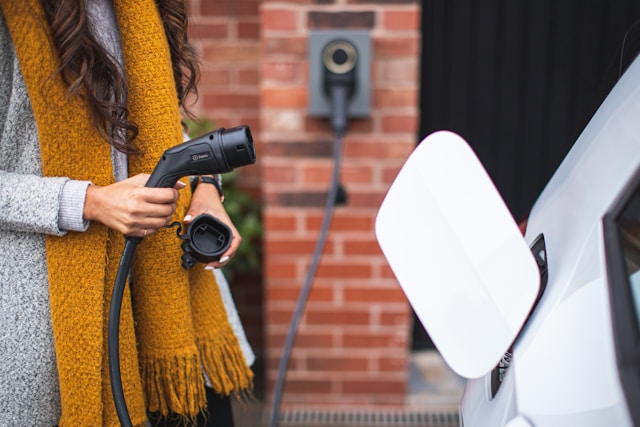Harvard Business School (HBS) researchers, yes, THAT Harvard, have found that “Electric vehicle (EV) chargers have a high malfunction rate” and that “EV drivers can expect non-residential charging systems to not work approximately 20% of the time.”
The HBS study used artificial intelligence to examine more than one million customer reviews of charging stations from North America, Europe and Asia over 10 years, finding that EV drivers can expect non-residential charging systems to not work approximately 20% of the time and also that some of America’s more rural regions are effectively “charging deserts.” Its findings are the latest to suggest that the Biden administration’s long-term vision for an EV-dominated future is struggling to make early progress.
“Among other things, the deep dive into tomorrow’s gas station network estimates that drivers can successfully recharge their cars using non-residential EV equipment only 78% of the time, highlighting critical issues with reliability,” reads an article on the study posted to HBS’ website. “The research proves that frustration extends beyond ‘range anxiety,’ the common fear that EV batteries won’t maintain enough charge to reach a destination.”
We’ve shared plenty of reports and research on why you should stay away from EVs. From the cost of ownership, to range, to not being green. High repair costs, battery life, risk of fire, charging wait times, cost to charge, mobility limitations, resale value, and more. A boutique luxury item favored by virtue-signaling elites, wholly impractical to the average American. You can’t use them for freight or even local delivery. They will never replace existing construction or heavy equipment.
And they are not green, which was supposed to be the point (at ease for those pumping them). A point increasingly lost on nearly half the current crop of EV owners.
Approximately 46% of Americans who own an EV want to go back to a standard vehicle for their next purchase, citing issues like inadequate charging infrastructure and affordability, according to McKinsey’s study, which was obtained and reviewed by the Daily Caller News Foundation. The study’s findings further suggest that the Biden administration’s EV push is struggling to land with American consumers, after 46% of respondents indicated that they are unlikely or very unlikely to purchase an EV in a June poll conducted by The Associated Press and the University of Chicago’s Energy Policy Institute.
Moreover, 58% of Americans are very likely to keep their current cars for longer, and 44% are likely to postpone a possible switch to EVs, McKinsey’s study found.
The HBS research citing home charger failure rates over 20% won’t help, especially if that is your best or only reliable charging station. Sorry, I can’t come into work today, my EV charger is on the fritz.
I wonder if employers should start asking applicants what they drive before hiring them.
